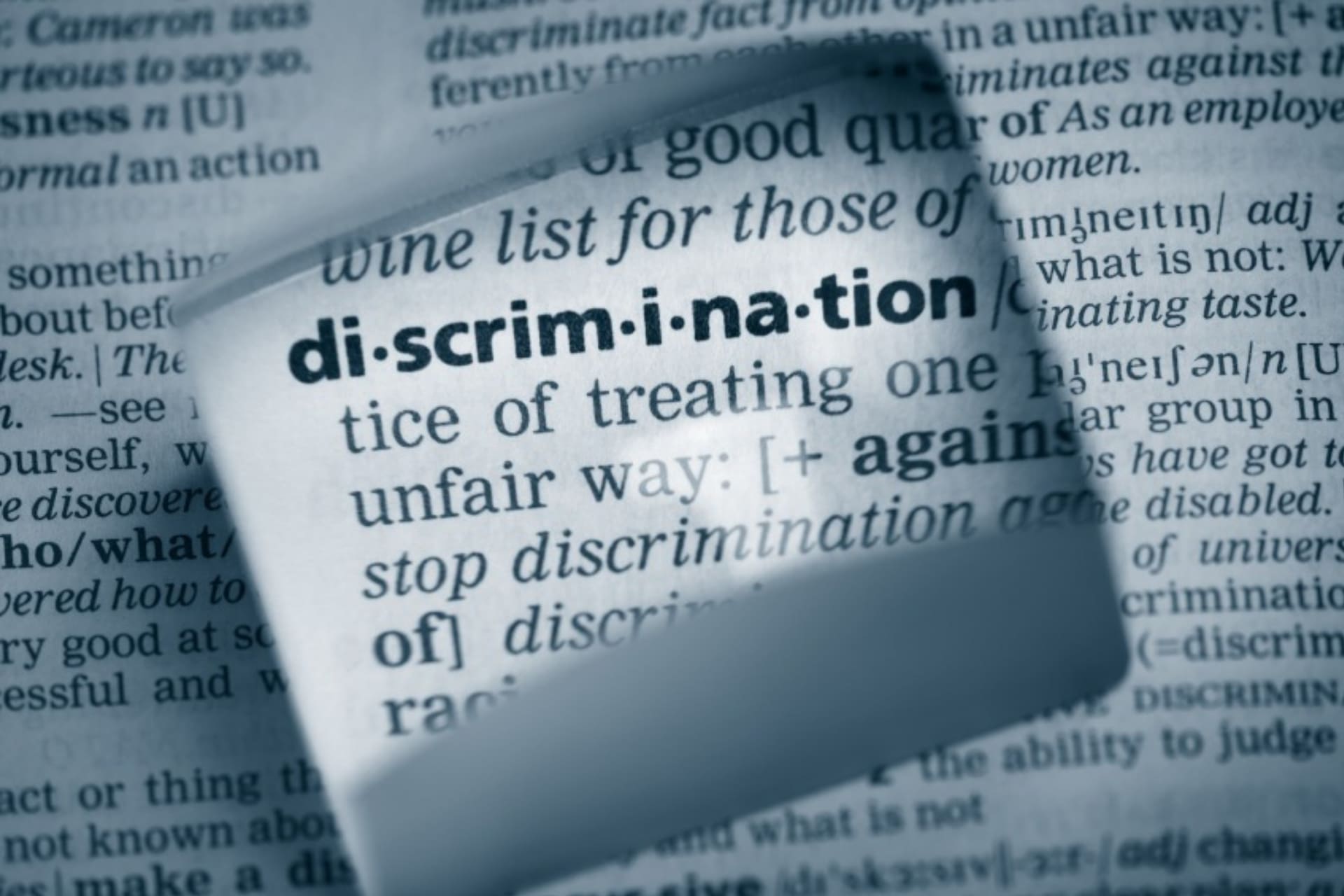Earlier this week, the National Labor Relations Board gave employers another victory in the area of property rights. I recently blogged on a case where the Board limited access rights of non-employee, off-duty contractors of the property owner in order to engage in protected activity. Now, the Board has announced a new standard for determining when an employer’s refusal to permit access to non-employee union agents for solicitation or organization activity amounts to discrimination.
The Supreme Court has long held that employers have the right to prohibit non-employee union organizers, handbillers, and picketers from their property, subject to two exceptions. One exception (rarely invoked) is if the employees could not otherwise be reached by the organizers (for instance, if they worked in a remote logging camp). In that case, the non-employee organizers must be granted access to reach the employees. The other exception, and by far the most frequently argued, is if an employer “discriminates” against union agents by excluding them from the property while allowing “other distribution.”
The discrimination exception was interpreted by the Board to essentially grant union agents most-favored status when it came to property rights. So, for instance, if the employer allowed charitable or civic organizations onto its property to solicit memberships or donations for their causes, it had to allow access to union agents to engage in solicitation and distribution for their cause as well. If not, they could run afoul of the prohibition against “discrimination.”
With its ruling in Kroger Limited Partnership I Mid-Atlantic, the Board changed that rigid interpretation of discrimination, so that now discrimination will be found only where an employer “treats nonemployee activities that are similar in nature disparately.” In other words, employers who allow the Girl Scouts or the Salvation Army to solicit or distribute literature on their property – like Kroger did in this case – do not automatically open themselves up to a charge of discrimination if they refuse access to non-employee union agents advocating a boycott of their store.
The Board concluded with the statement that “protest and boycott activities are not sufficiently similar in nature to charitable, civic, or commercial activities to warrant a finding of discrimination based on disparate treatment of such conduct.” From now on, the Board will not simply compare the nature of the union agents’ activity (i.e., handing out flyers or soliciting memberships), but will take into account the purpose for which the activity is engaged in. As in this case, a union handing out flyers advertising a labor dispute with the store and advocating a boycott is not comparable to the local food bank handing out flyers to advertise an upcoming food drive.
While this is a welcome development for employers, it is important to note that discrimination against union agents is still prohibited, and must be an important consideration when determining what outside people or organizations employers will permit on their property – and for what purpose.













